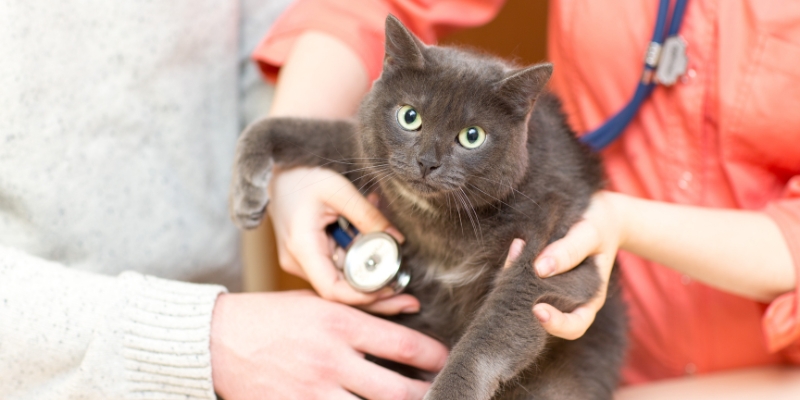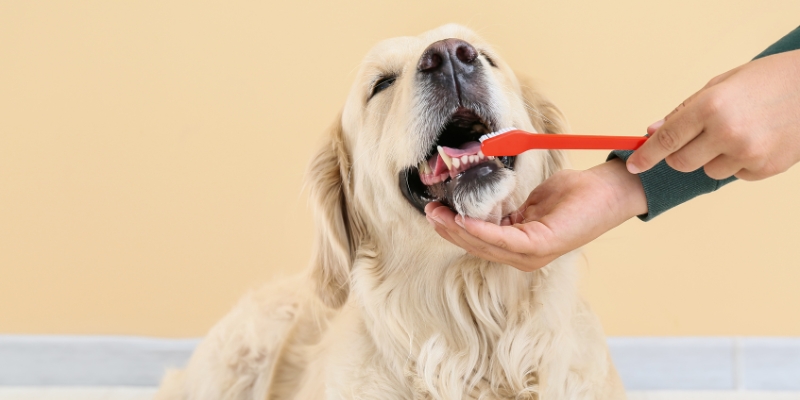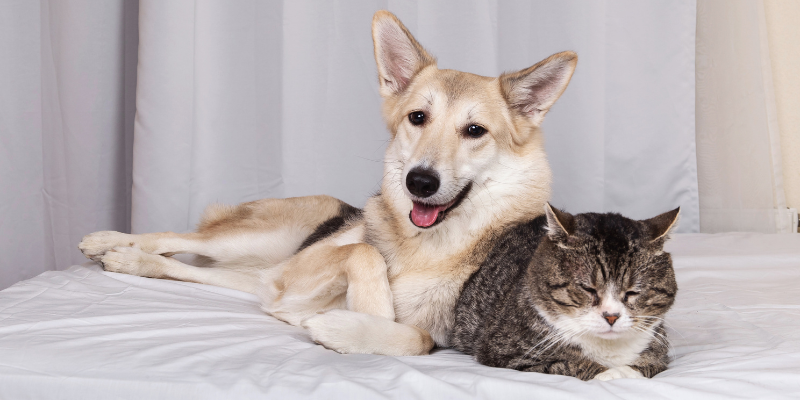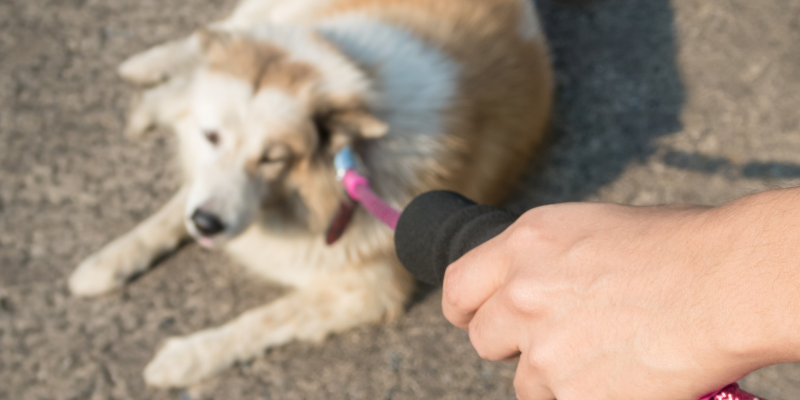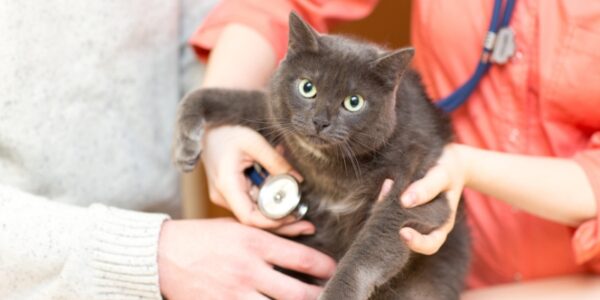"My pet seems healthy – do they still need a general health check with their vaccination?"There are three reasons why we recommend a full consultation and health check for every pet at the time of vaccination...
Read More
Blog
-

-
 Unexpected allergiesIf we surveyed pet owners about potential allergy symptoms in dogs and cats, most would list signs such as recurrent ear infections, generalised itchiness, paw licking, or tummy upset. But...
Unexpected allergiesIf we surveyed pet owners about potential allergy symptoms in dogs and cats, most would list signs such as recurrent ear infections, generalised itchiness, paw licking, or tummy upset. But...
Read More -
 Dental health dutiesWhilst most owners understand the impact of their pet's oral health on their general health and quality of life, many may still need clarification on the practical ways to achieve excellen...
Dental health dutiesWhilst most owners understand the impact of their pet's oral health on their general health and quality of life, many may still need clarification on the practical ways to achieve excellen...
Read More -
 Whether you’re purchasing a special breed pup or scouting out local rescues to adopt a canine companion, it’s important to research and plan for your future dog’s specific care needs. Doing this will ensure that ...
Whether you’re purchasing a special breed pup or scouting out local rescues to adopt a canine companion, it’s important to research and plan for your future dog’s specific care needs. Doing this will ensure that ...
Read More -
 Trigger warning: this blog post discusses terminal illness in a pet.Frankie was a beautiful 11-year-old greyhound, who loved nothing better than being with his family. Wherever the family was, Frankie was too...
Trigger warning: this blog post discusses terminal illness in a pet.Frankie was a beautiful 11-year-old greyhound, who loved nothing better than being with his family. Wherever the family was, Frankie was too...
Read More -
 Is your pet a bit of a “nervous nellie”? Pet anxiety can be a worrying issue for pet owners, not to mention the pets themselves! Anxiety may be situation-specific (such as when the pet visits unfami...
Is your pet a bit of a “nervous nellie”? Pet anxiety can be a worrying issue for pet owners, not to mention the pets themselves! Anxiety may be situation-specific (such as when the pet visits unfami...
Read More -
 Imagine that you’re a dog. Your owner clips on your lead (exciting!), pops you into the car (woo hoo!), and you excitedly journey to… the vet.Now, imagine you’re a cat. You see “the box of doom” (also known a...
Imagine that you’re a dog. Your owner clips on your lead (exciting!), pops you into the car (woo hoo!), and you excitedly journey to… the vet.Now, imagine you’re a cat. You see “the box of doom” (also known a...
Read More -
 Is your senior dog or cat moving more slowly? Taking the stairs a bit more hesitantly? Or perhaps having trouble keeping themselves looking clean and neat? While advancing age will lead to some inevitable changes...
Is your senior dog or cat moving more slowly? Taking the stairs a bit more hesitantly? Or perhaps having trouble keeping themselves looking clean and neat? While advancing age will lead to some inevitable changes...
Read More -
 Did you know that keeping your dog in a slim and fit body condition is actually associated with a reduced risk of joint problems, heart and respiratory disease, diabetes and some types of cancer? If ...
Did you know that keeping your dog in a slim and fit body condition is actually associated with a reduced risk of joint problems, heart and respiratory disease, diabetes and some types of cancer? If ...
Read More

